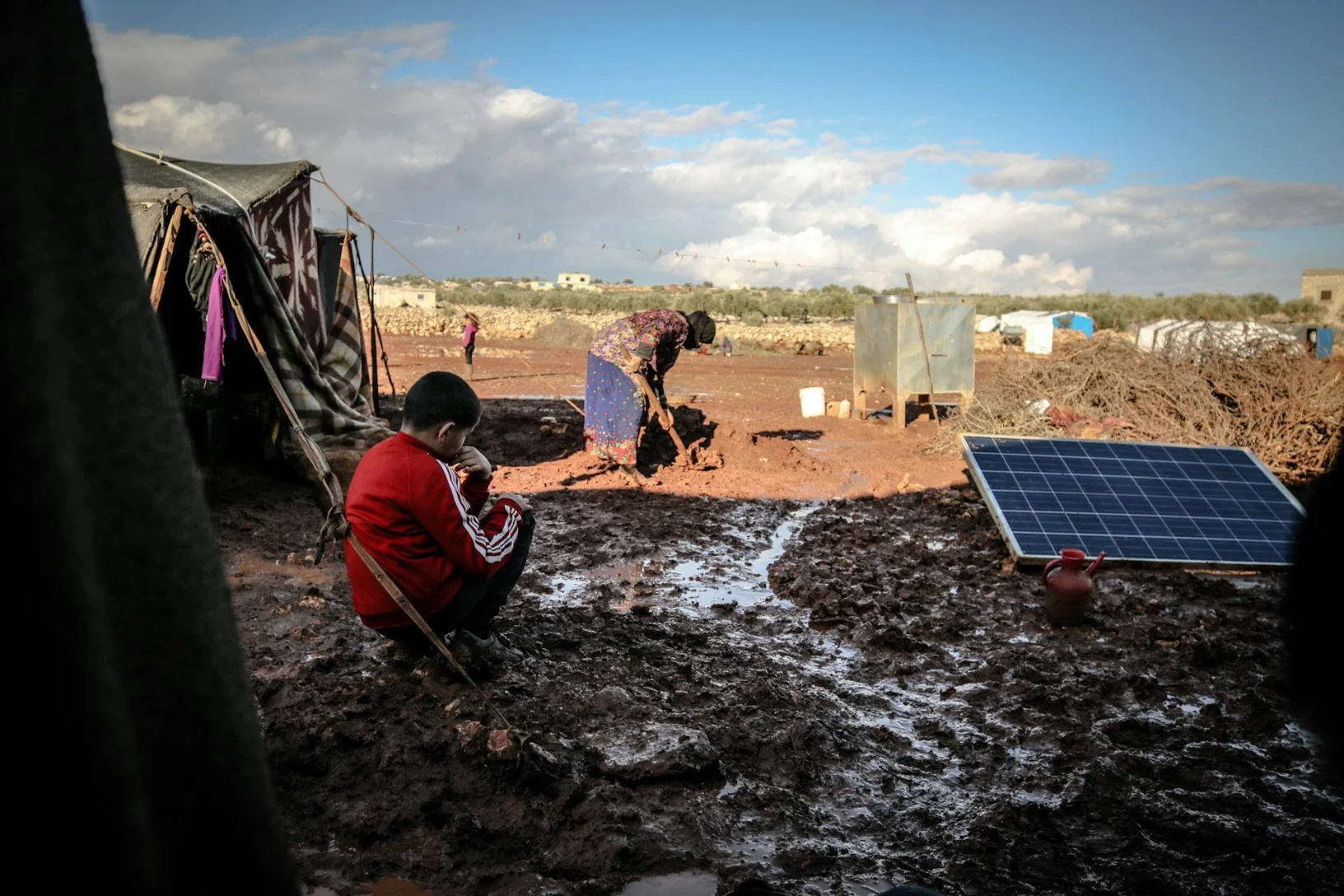“Gospel and humanitarian aid in times of crisis.”“
For I was hungry and you gave me something to eat, I was thirsty and you gave me something to drink, I was a stranger and you invited me in.” – Matthew 25:35
The Role of Missions in Times of Crisis
Humanitarian crises—whether caused by natural disasters, armed conflicts, or economic collapses—leave millions vulnerable. These moments of chaos and suffering present a vital opportunity for missionaries to embody Christ’s compassion and love.
Rooted in Matthew 25:35, mission work during crises provides both immediate relief and eternal hope. By addressing physical needs while sharing the Gospel, missionaries demonstrate God’s care and invite people into His Kingdom, even in the darkest moments.
Challenges of Mission Work During Crises
- Urgent Physical Needs:
Crises create overwhelming demands for food, water, shelter, and medical care, often stretching resources to their limits. - Logistical Barriers:
Infrastructure damage, limited transportation, and restricted access to affected areas make delivering aid challenging. - Security Risks:
In conflict zones or unstable regions, missionaries face personal safety concerns while trying to assist others. - Emotional and Spiritual Fatigue:
Witnessing suffering on a large scale can take a toll on missionaries’ emotional and spiritual well-being. - Cultural Sensitivity:
Providing aid while respecting cultural norms and avoiding dependency requires wisdom and discernment.
Strategies for Effective Mission Work in Crises
- Partnering with Local Organizations:
Collaborating with local churches and relief agencies ensures aid is culturally appropriate and reaches those who need it most. - Providing Holistic Care:
Addressing both physical and spiritual needs—offering food, water, and shelter alongside prayer and Scripture—brings comprehensive hope. - Training for Crisis Response:
Missionaries equipped with disaster response training can act quickly and effectively during emergencies. - Sustaining Long-Term Support:
While immediate relief is critical, missionaries also work to rebuild and strengthen communities for long-term recovery. - Building Resilience in Advance:
Teaching disaster preparedness and supporting sustainable development reduces vulnerability in crisis-prone regions.
Examples of Gospel-Centered Humanitarian Aid
- Natural Disaster Relief:
Missionaries responded to a major earthquake in Haiti by distributing emergency supplies, setting up medical clinics, and sharing the Gospel in affected communities. - Refugee Assistance:
In Europe, mission teams provided food, clothing, and spiritual care to refugees fleeing conflict zones, offering hope amidst displacement. - Economic Recovery Programs:
In Venezuela, missionaries partnered with local churches to establish food distribution centers and teach sustainable farming practices, combining aid with discipleship.
Why Missionary Response Matters
Missionaries bring more than physical aid—they bring the transformative power of the Gospel. In times of crisis, their presence reminds people that God has not abandoned them. By meeting immediate needs and sharing eternal hope, missions amid crises shine the light of Christ in the midst of despair.
How You Can Support Missions in Humanitarian Crises
- Pray for Crisis Missions:
Pray for safety, resources, and opportunities for missionaries to share the Gospel in affected areas. - Donate to Relief Efforts:
Financial contributions enable missionaries to provide food, medicine, and other essential supplies in times of crisis. - Raise Awareness:
Share the work of Christian missions during crises to inspire others to support or participate in relief efforts.
At GlobalOne80.org, we partner with missionaries who respond to humanitarian crises with the love of Christ, bringing aid and hope to those in need.






